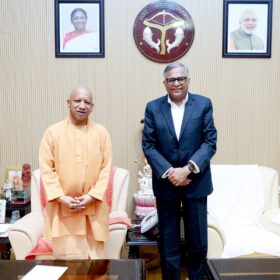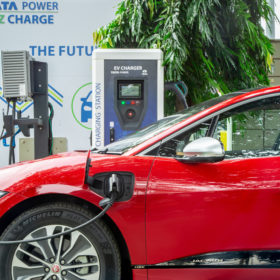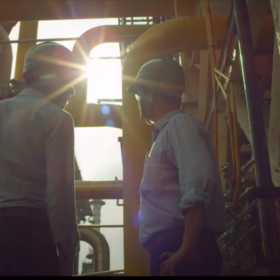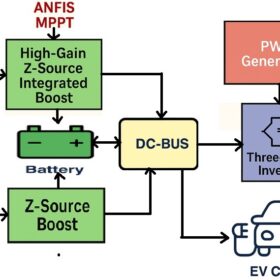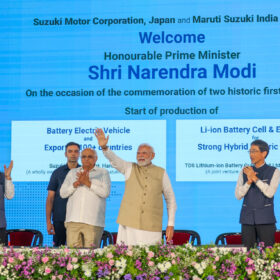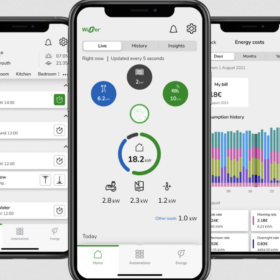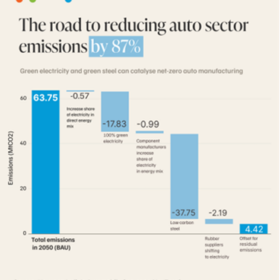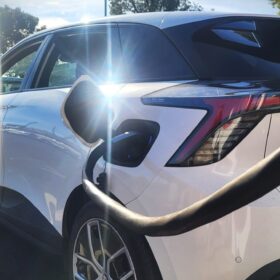Tata Group expands solar energy footprint, plans EV manufacturing in Uttar Pradesh
Tata Group is developing two 50 MW solar power plants in Bundelkhand and Prayagraj, along with rooftop solar projects across several districts in Uttar Pradesh. Aligned with Uttar Pradesh’s EV subsidy policy, the Group is exploring opportunities to set up dedicated electric vehicle manufacturing facilities in the State.
New report charts path to securing raw material supply chains for India’s EV growth
A new report by KPMG outlines strategies to enhance resilience and competitiveness in India’s electric vehicle (EV) ecosystem amid sharply rising demand for critical raw materials such as lithium, nickel, cobalt, and rare earth elements.
India could attract $4.1 trillion in green investments by 2047: CEEW
Around 92% of the required investments—about $3.79 trillion—would flow into the energy transition, spanning renewable energy, storage, clean mobility, and green hydrogen.
Charging up fleets to overcome India’s infrastructure hurdles for EV adoption
Scaling electrified fleets relies not just on vehicles, but on the infrastructure that powers them: without a robust, accessible, and optimized charging ecosystem, fleet EV adoption may stall, undermining both environmental goals and operational efficiency.
Novel MPPT technique for EV charging combined with PV, fuel cells
Scientists in India have designed a system that uses PV panels, a proton-exchange membrane fuel cell, battery storage, and a supercapacitor. It also relies on an adaptive neuro-fuzzy inference system-based MPPT that reportedly achieves an efficiency of 98.7%.
Prime Minister Narendra Modi inaugurates TDSG’s lithium battery cell, electrode manufacturing facility
Prime Minister Narendra Modi inaugurated the next phase of India’s battery ecosystem with the start of local production of battery electrodes at TDS Lithium-Ion Battery Gujarat Pvt Ltd (TDSG), Maruti Suzuki’s fellow subsidiary.
Schneider Electric acquires WattBuy home-electrification software platform
Schneider Electric is expected to merge WattBuy with EnergySage and Qmerit to provide an end-to-end experience for residential solar, EV integration, home electrification, and related services.
Just 3% of India’s 2032 wind and solar target can power its entire EV fleet: Ember
Reliably meeting EV charging requirements from renewables requires demand-shifting mechanisms like time-of-day tariffs in conjunction with infrastructure improvements.
India’s auto industry can cut emissions by 87% through green electricity, low-carbon steel: CEEW
India’s automobile industry can cut its manufacturing emissions by up to 87% by 2050 with a shift to 100% renewable energy, green steel, and partnerships with suppliers to cut emissions, finds a new study by the Council on Energy, Environment and Water (CEEW).
Wireless electric vehicle charging tests improve efficiency by 88%
Scientists in India have simulated and tested a prototype wireless charging system for electric vehicles, with a three-port DC–DC converter at its core and have found it achieved an improved efficiency of 88%.
